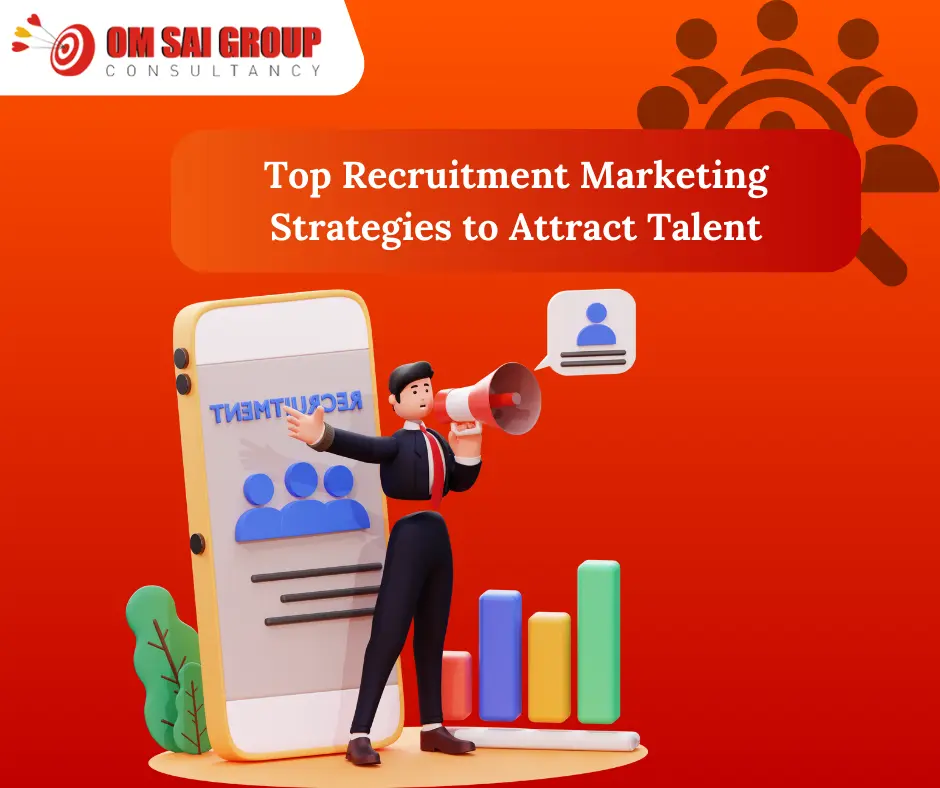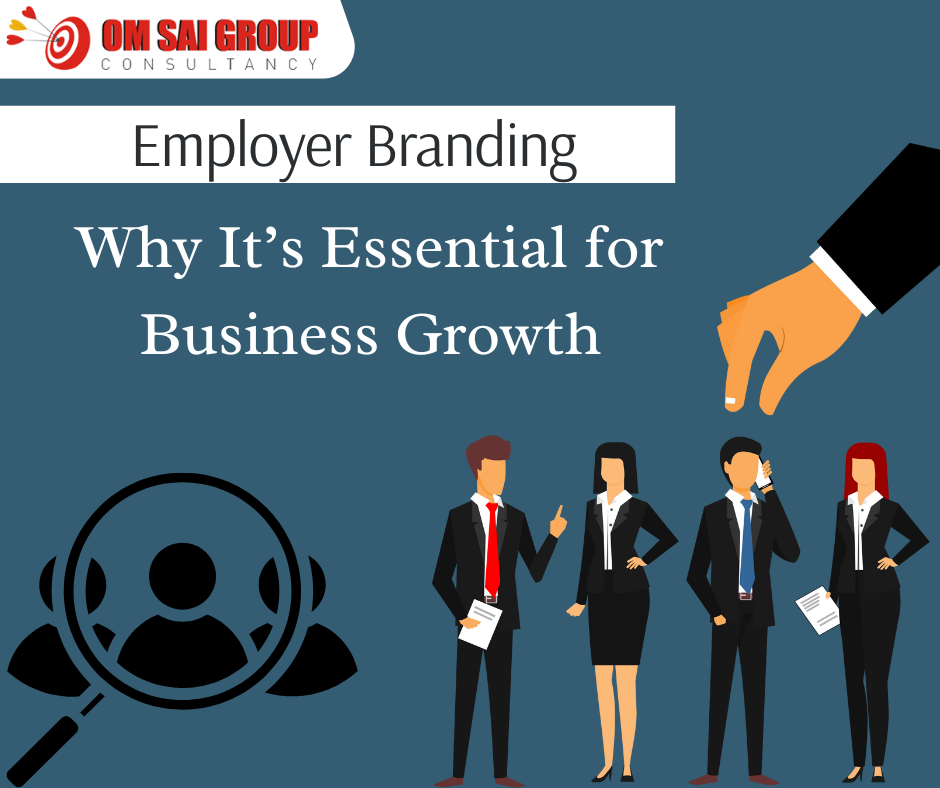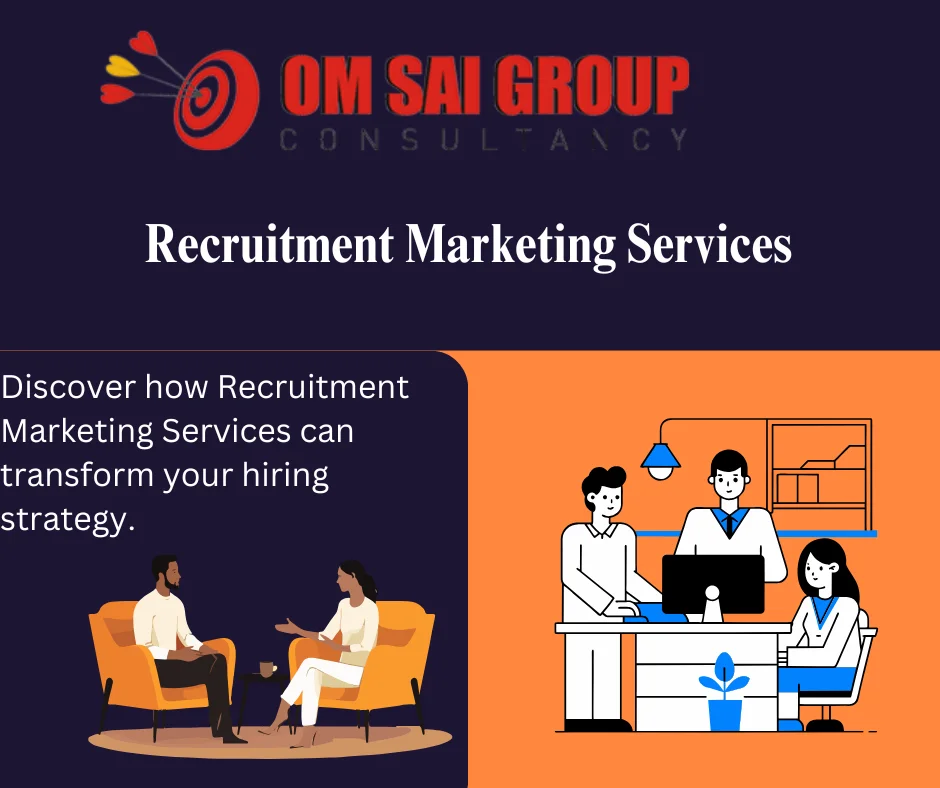How Can Recruitment Marketing Improve Your Hiring Process?How Can Recruitment Marketing Improve Your Hiring Process?
The New Age of Talent Acquisition In this day and age of hyper-competitive employment, companies
The Consultant’s Blog: Smart Solutions for Modern Businesses

The New Age of Talent Acquisition In this day and age of hyper-competitive employment, companies

Employer Branding: Shaping the Talent Attraction of the Future With today’s hyper-competitive talent economy, posting

Recruitment Marketing Services: Elevating Talent Acquisition to New Heights The world of recruitment is not